Connect with us
Published
7 years agoon
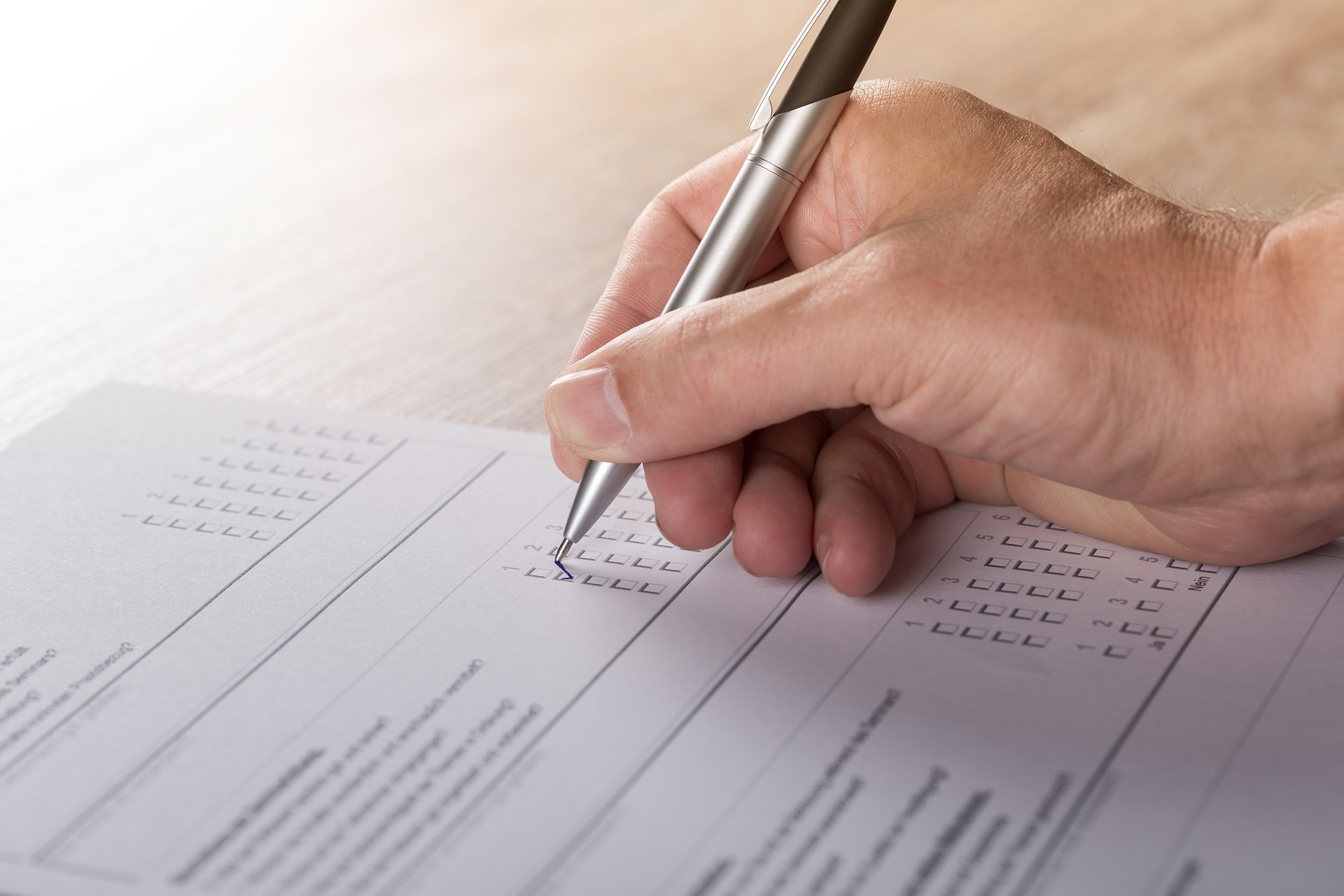
Utah’s primary election concluded last Tuesday, June 26. All registered Lehi voters had the opportunity to vote in the nonpartisan state school board race, in which two of four candidates now advance to the general election in November.
Registered Republican voters also weighed in on their choices for five other races. The winners of those races will be on the ballot for the general election in November. Several of the seven winning candidates returned requests for comments and shared their thoughts on the election and their priorities moving forward.
State Board of Education – Nonpartisan
Cindy Davis – 51.77%
Avalie Muhlestein – 17.00%
Joylin Lincoln – 16.19%
Kami Alvarez – 15.04%
Republican Races
United States Senate
Mitt Romney – 71.50%
Mike Kennedy – 28.50%
United States House of Representatives, Third District
John Curtis – 73.52%
Chris Herrod – 26.48%
Utah County Commission
Tanner Ainge – 68.54%
Tom Sakievich – 31.43%
Utah County Attorney
David O. Leavitt – 58.34%
Chad Grunander – 41.65%
Utah County Sheriff
Mike Smith – 61.33%
Jim Phelps – 38.67%
In the School Board race, the two advancing candidates shared their views of the race and their personal priorities for service on the Board.
Cindy Davis, who was endorsed by the Utah Education Association and vastly outdistanced her competitors by winning the majority of the vote in the four-way race, said of her win, “It was a group effort. There were a lot of good folks who participated in the campaign. I really appreciate those who were willing to come out and get involved.”
She felt that voters resonated with her message that she cares deeply about public schools. “The majority of our K-12 population are attending these public schools that this governing body [the State School Board] oversees. I really believe that a healthy public education lends itself to a healthy future in our communities.”
She identified three priorities she would bring to the State School Board if elected. First, “to listen and learn.” Second, “to encourage a respectful tone between policy makers and educators.” And third, to address the teacher shortage. “We have a real responsibility right now to look at what’s happening with teachers and with our hiring. We need to take a look at what we’re doing to recruit and retain our teaching force.”
As of Monday, July 2, the remaining three candidates in the School Board race were separated by less than 500 votes out of over 24,000, with Avalie Muhlestein holding the lead and expected to take the second spot on the ballot in November. A change to this situation may occur as ballots will continue to come in and be counted until the official certification date on July 10.
Muhlestein, who has worked in public education, with charter schools, with a private school distance learning program and in the homeschool arena, said she thought people responded to the fact that “I have experience in all aspects of education. I can see all the parts and how they work together and I don’t love one more than any of the others.”
“We need someone on the Board protecting everyone,” she said. “I want the power to go back to the families and away from the state.”
Muhlestein said her number one priority if elected would be to “unwind our federal ties.” She would work to reduce required state assessments, and support efforts to” make state standards guidelines instead of law,” with the goal of “getting control back into classrooms and homes.” She also identified the need to address the teacher shortage as her third priority.
John Curtis, who won the nomination for U.S. House of Representatives, said he thought “the voters liked what we were able to show them for six months of work. We’re working hard and getting things done.”
He said his priority will be “to continue the pace that we’ve set. We have some substantial legislation in on public lands for the District. We’ve set a benchmark for town hall meetings and we want to continue with those; constituent outreach; and voting in harmony with the District and representing them well.”
David O. Leavitt won the nomination for County Attorney after a sometimes heated race. He thought his message about a need for a culture change in the County Attorney’s office resonated with voters.
“People are coming to understand that the role of the County Attorney’s office is a dual function. It’s not just to be a prosecutor but it’s also to be the civil lawyer for the county.” He felt voters appreciated the fact that he’s had experience in private law practice as well as public experience.
He said his first priority, if elected in November, would be to “expand the relationship between the County Attorney’s office and the County Commission. That relationship has been suffering for a long time.” Secondly, he will work to “redefine how we prosecute crime. Not that we’re any less tough, but we make sure that our toughness is based on something that will benefit society and have a meaningful end in mind.”
The general election will take place on Tuesday, November 6.
Curtis will face Democrat James Singer, Independent Gregory Duerden, and United Utah candidate Melanie McCoard.
Romney, will face Democrat Jenny Wilson, Libertarian Craig Bowden, Constitution Party Tim Aalders, and Independent Reed McCandless.
Ainge will face Teri McCabe of the United Utah Party, and Leavitt will face Andrew McCullough of the Libertarian Party.

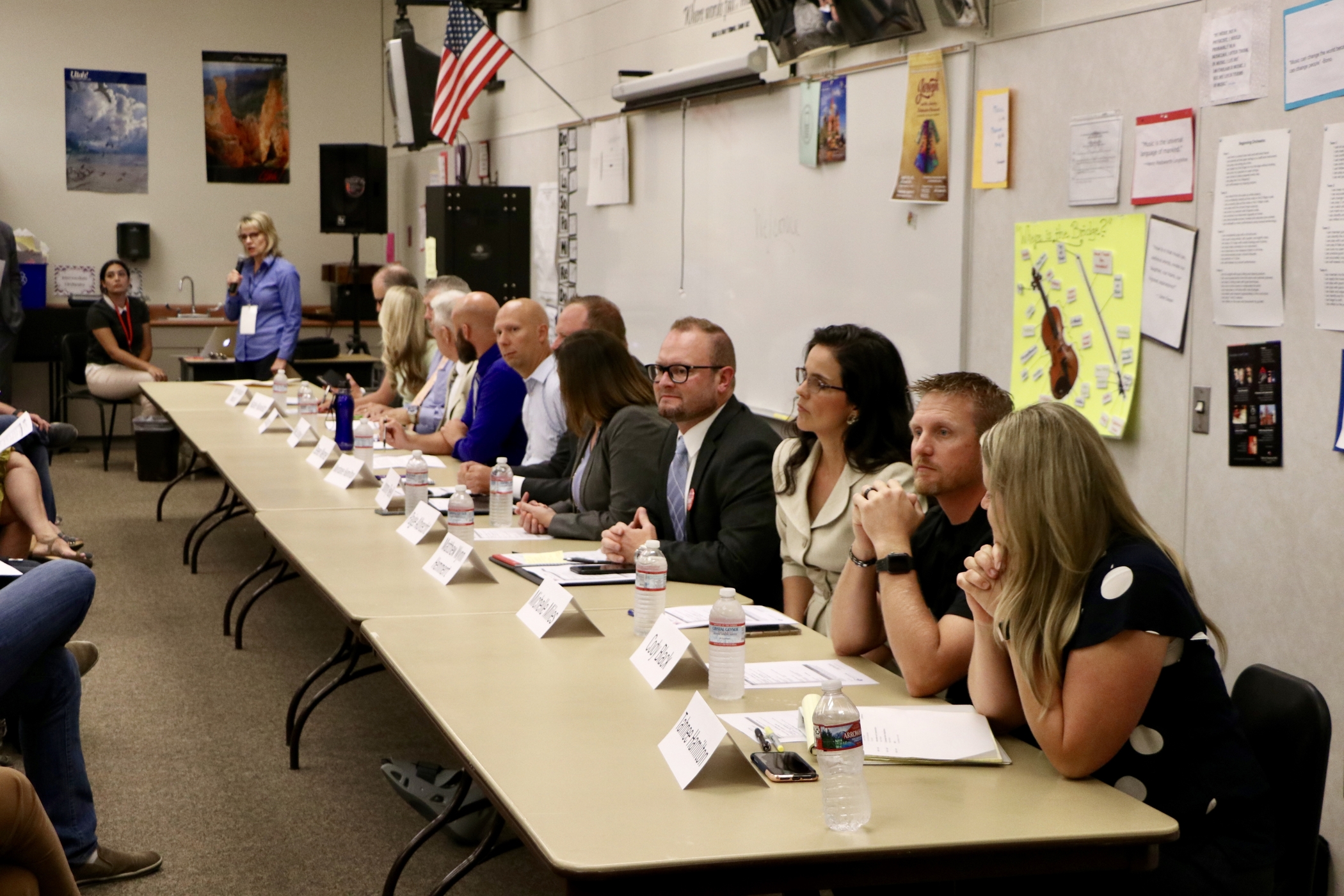

Candidates for Lehi City Council Discuss Positions at Debate
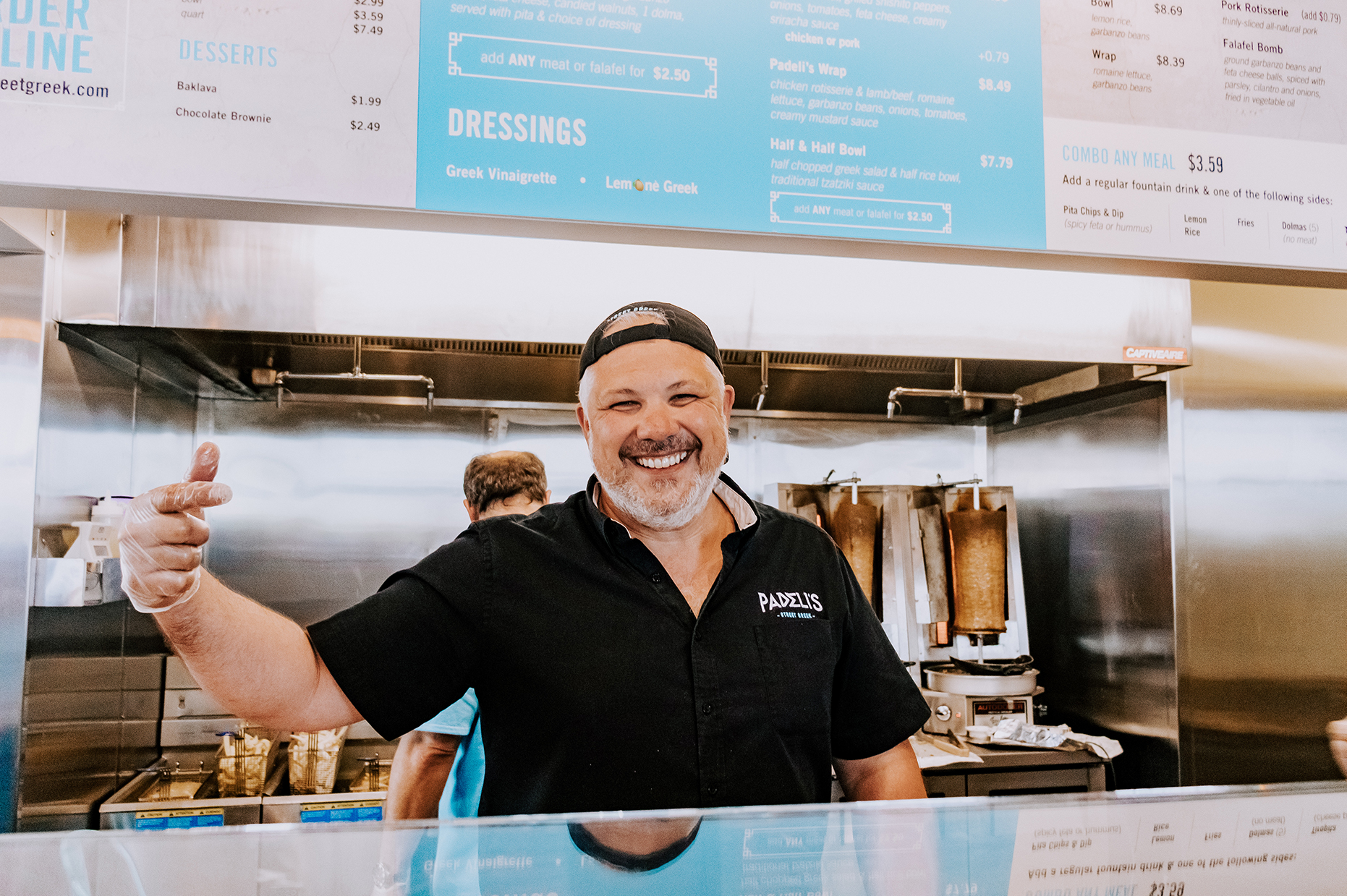

Restaurant review: Padeli’s Street Greek brings sensational Greek flavors to Lehi


LHS rebuild: What’s for lunch?
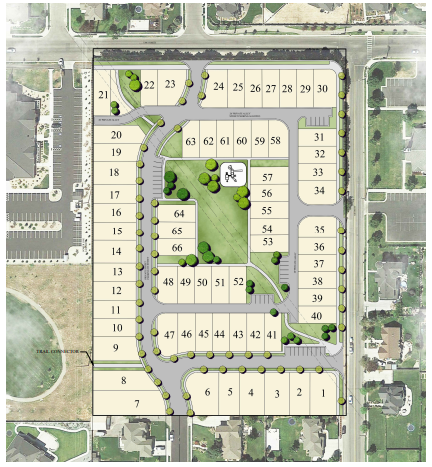

City Council approves revised Dixon Mink Farm, Ivory project
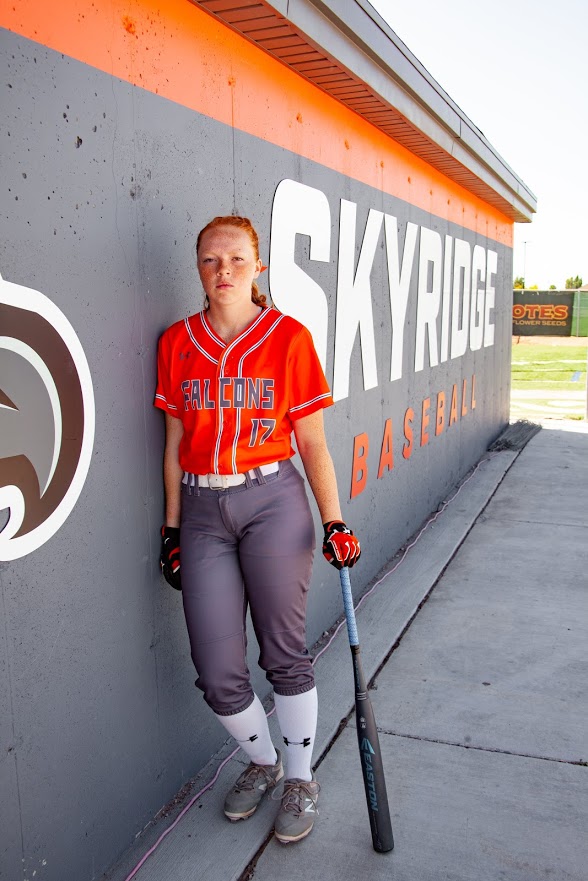

Skyridge Softball wins against Timp and Enterprise, Loses to Springville
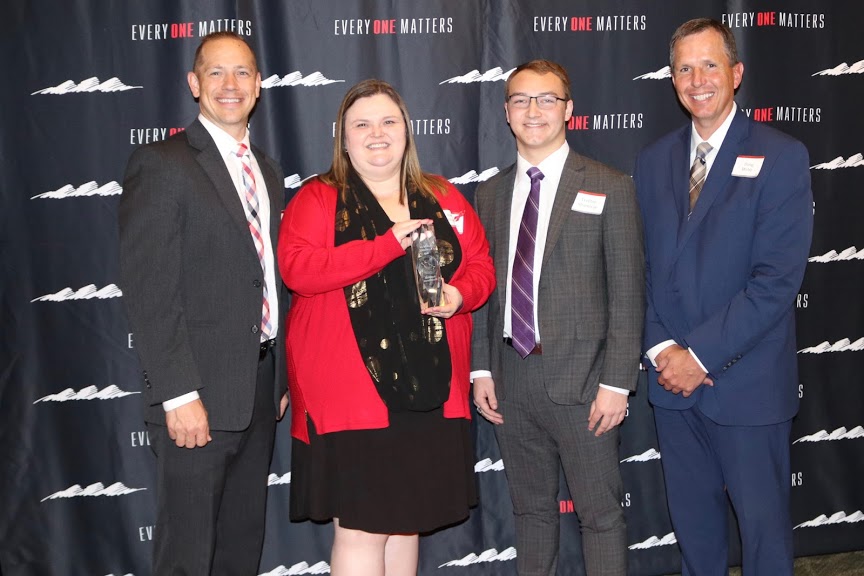

ASD Accent on Excellence awards presented


Run for Your Mom 5K Saturday
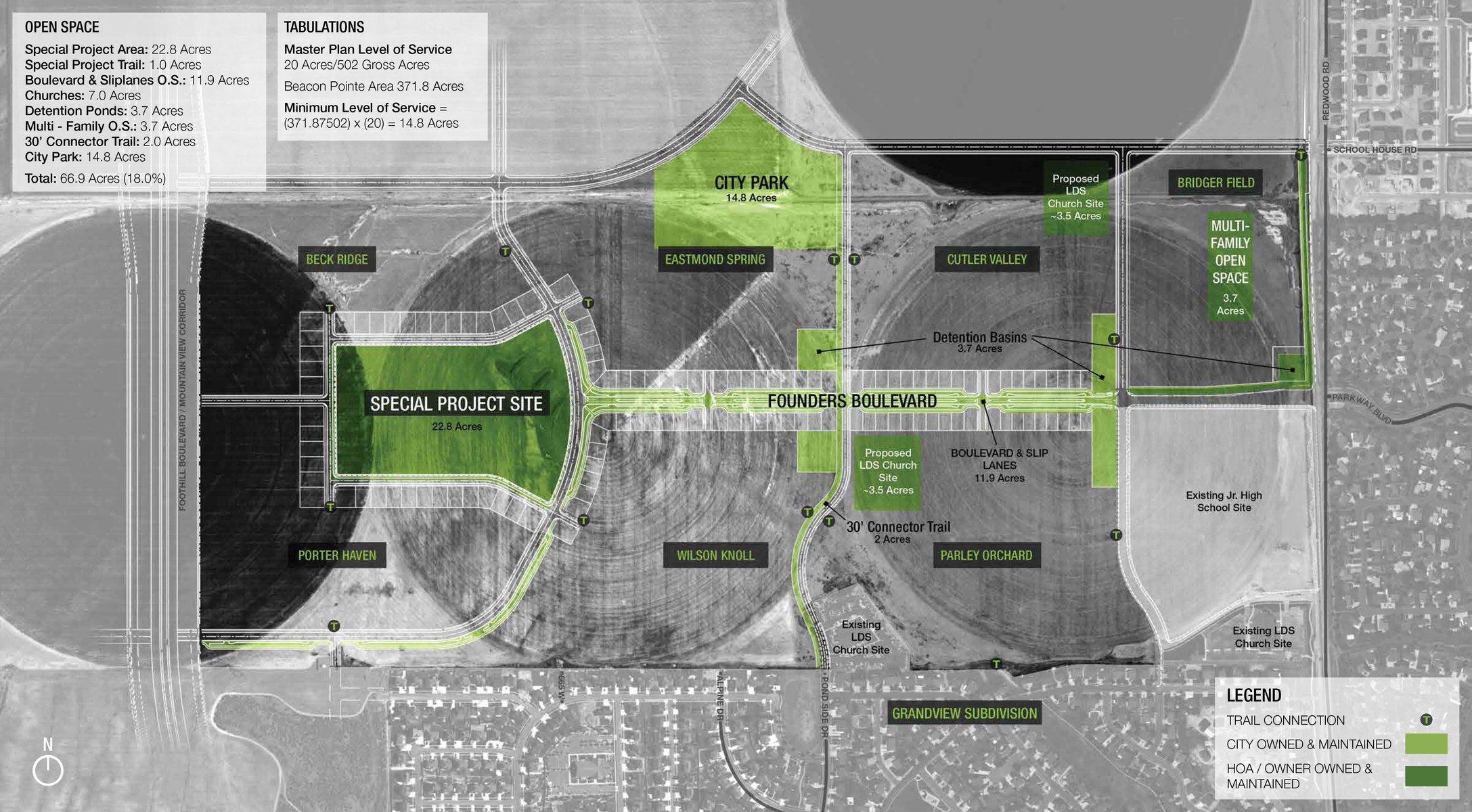
Saratoga Springs temple location released
Traffic incidents the biggest problem facing Lehi Police


Lehi stained glass studio creates global masterpieces
